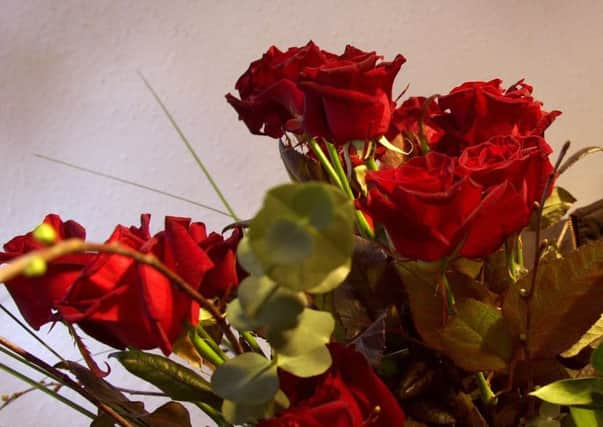A gardener’s tips on how Labour’s red rose can bloom again – Bill Jamieson


Might my current battle in the garden offer Labour a solution? For the past few weeks, I have been struggling to prune and replant my tired pot-bound roses ahead of the shortest day, December 22, always a welcome turning point for beleaguered gardeners.
Pruning alone is a tussle, cutting back hard and removing weak, dying and diseased stems from the centre outwards. But re-potting is a different order of tussle. Roses throw deep roots to the bottom of pots and don’t come out without an epic struggle.
Advertisement
Hide AdAdvertisement
Hide AdBut the ten-year-old soil in my tubs is exhausted and has to be replaced with fresh topsoil, copious manure and enriched compost, topped off by finely composted pine bark to suppress weeds. Roots have to be treated with hormone powder and bone meal applied to the surrounding root area. In early spring, I apply seaweed extract, Epsom salts and granular fertiliser. Tea leaves and coffee grounds also help. These are hungry beasts. And all this has to be undertaken through driving rain and cold winds.
Without this, I will not have a refreshed, re-invigorated and floriferous display next year. Even were I planting new roses, they always seem to be delivered from the nursery on the coldest day in December.
I have more than 60 roses, the hybrid teas and floribundas in pots and others, mainly procumbents, growing on top of a stone wall. They crave care, attention and tough love to give of their best.
But the effort is always rewarded, with large, healthy blooms repeating through the summer and with a great fragrance.
Now it seems as if Labour is in dire need of similar treatment if it is to recover: tough love – hard pruning, uprooting and fresh soil applied – followed by vigorous dead-heading though the summer.
(Helpful hint before approaching this task: thick protective gloves required).